The Centre for Biomechanics Research (CBR) of the AECC University College, Bournemouth are seeking volunteers for their latest research study, investigating spine biomechanics in near real time.
CBR are currently looking for volunteers to help us with our latest piece of research into understanding the back in motion. We need over 100 volunteers to come forward to take part to ensure the project is a success so we can establish a database of spine mechanics in 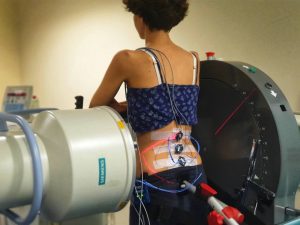 healthy adults. This is the biggest study of its kind and those who volunteer for this research study will get the chance to see their spine move in real-time.
healthy adults. This is the biggest study of its kind and those who volunteer for this research study will get the chance to see their spine move in real-time.
Currently we focusing our recruitment for a sub-study comparing a commonly used skin based marker system, for measuring the spine in motion, to the gold standard of bone tracking using low dose video x-rays. For this study 15 females volunteers are needed to take part.
To find out more about this study please visit the study web-page here.
Who are we looking for?
For this research study, we are looking for people who:
- Are over 30 and under 70 years of age
- Have not had low back pain that has prevented normal activity for at least 1 day in the past year
- Have not had an abdominal/pelvic/lumbar spine surgery in the past 2 years
- Have not had any medical radiation exposure in the past year or exposure in the past 2 years with a
dose of greater than 8mSv (defined as CT scan of Chest, Abdomen or Pelvis or Interventional procedures under radiological control i.e. angiography). - Have a body mass index (BMI) of less than 30
- Are not pregnant
- Willing to participate and able to freely give informed consent.
Next steps
If you are interested in being involved in this project please visit the study web-page here or you can also learn more about this project through the participant information booklet here.
If you would like to register your interest please download the pre-study form here.
For any questions, or to send us your completed pre-study form, please contact us at cbrstudies@aecc.ac.uk
This study has received a favourable ethical opinion from HRA South West - Central Bristol Research Ethics Committee. REC reference: 10/H0106/65.

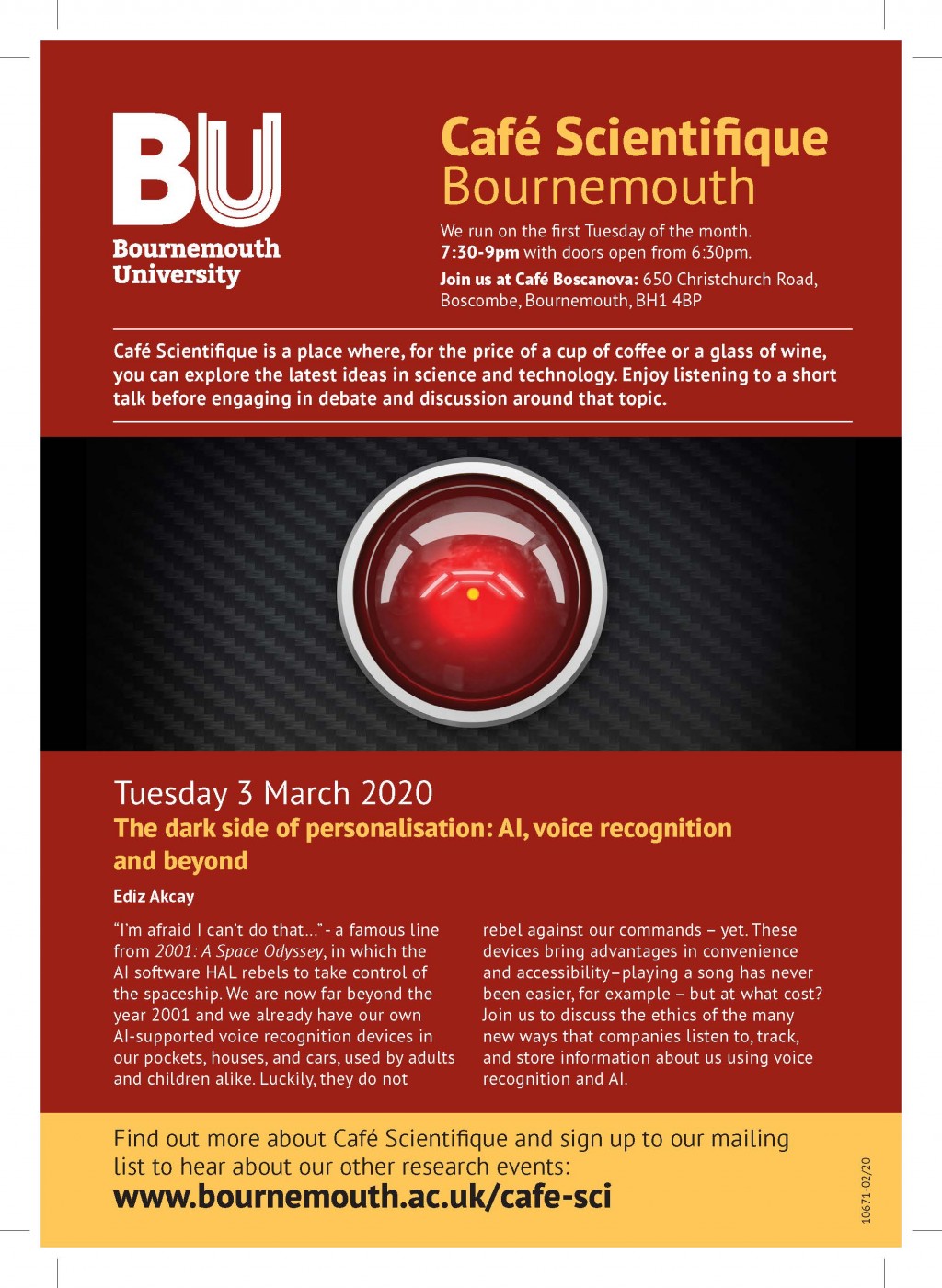

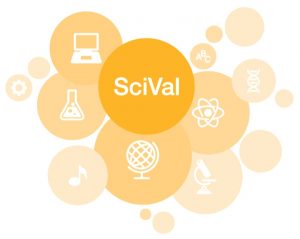
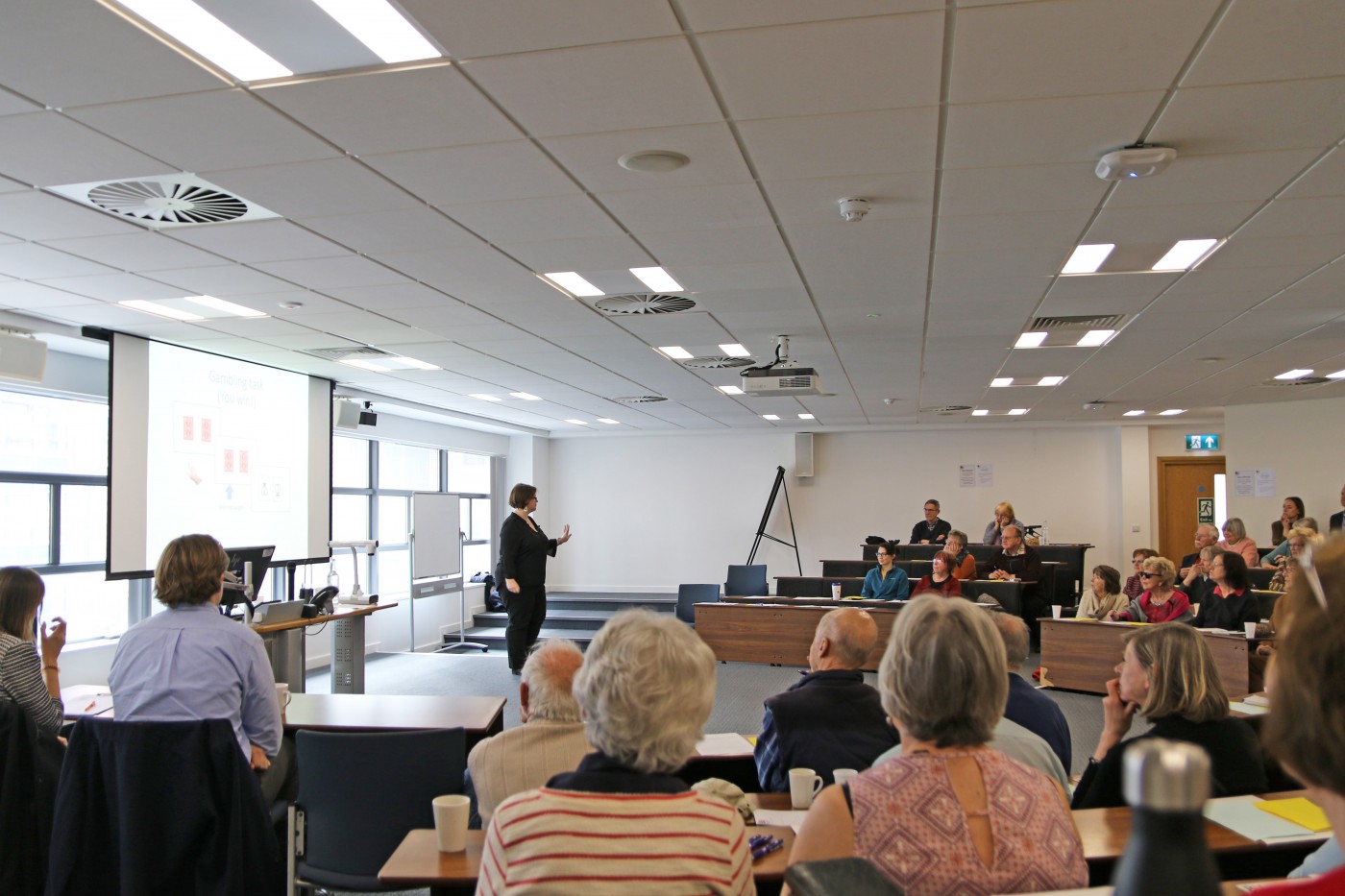

 Dr Kip Jones, Reader in Qualitative Research and Performative Social Science retires from Bournemouth University at the end of February, but will continue with PhD supervision on a part-time basis. He has four potential publications in discussion with publishers, including a volume on PSS.
Dr Kip Jones, Reader in Qualitative Research and Performative Social Science retires from Bournemouth University at the end of February, but will continue with PhD supervision on a part-time basis. He has four potential publications in discussion with publishers, including a volume on PSS. 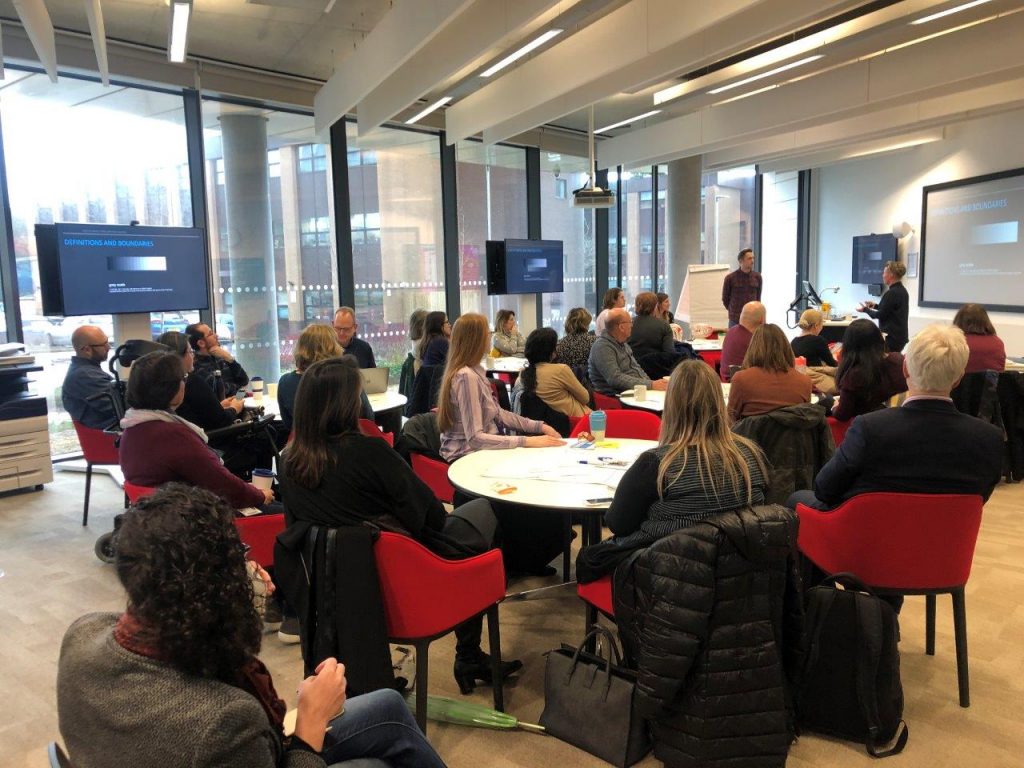
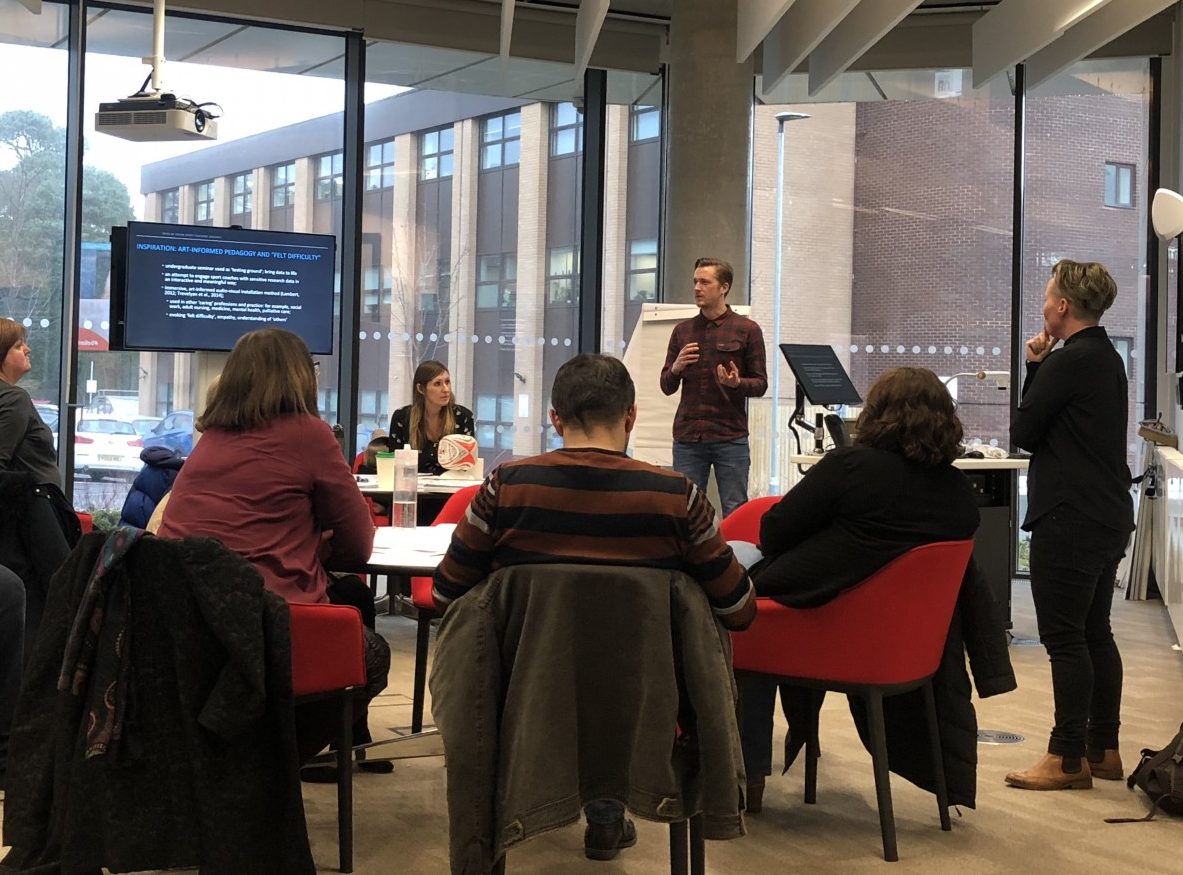


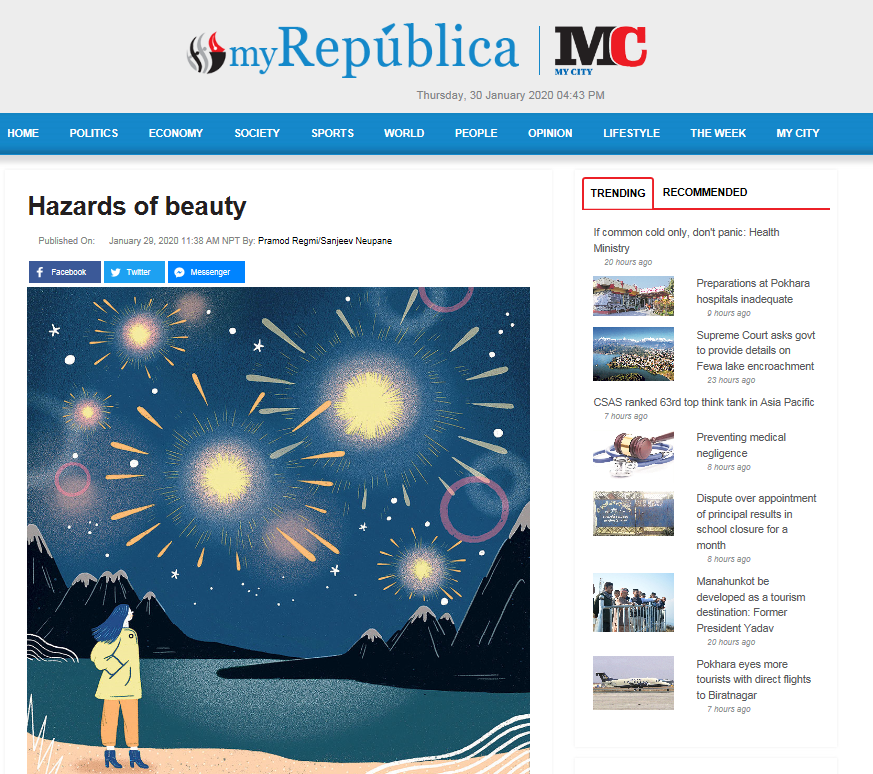
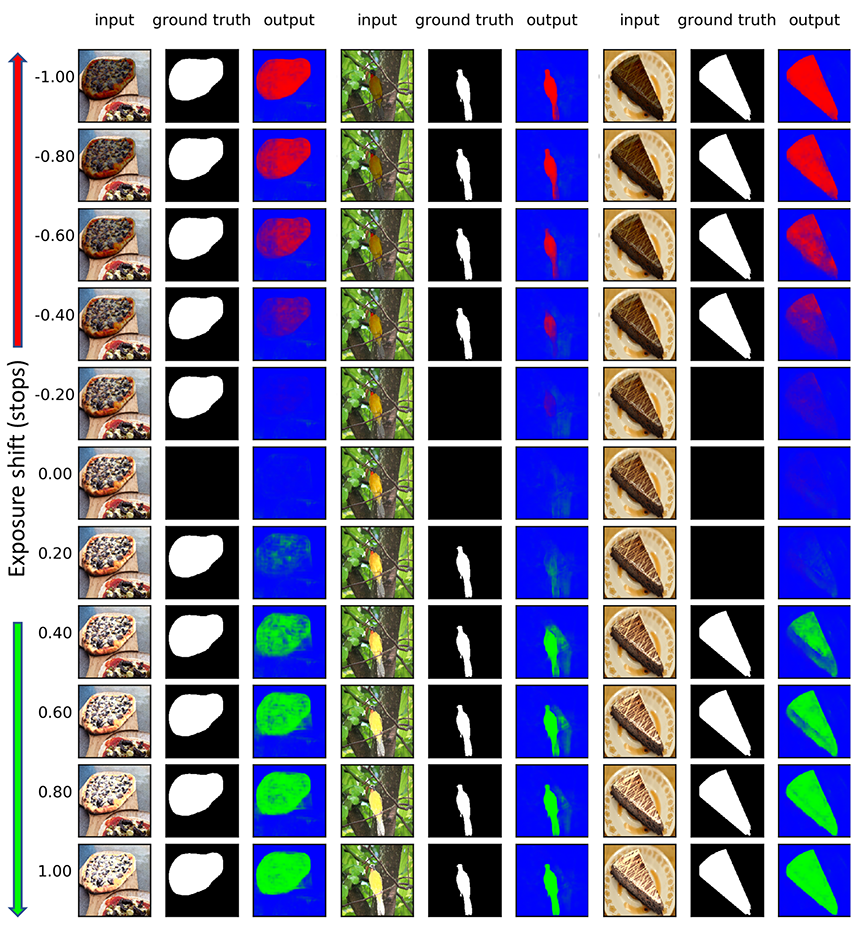

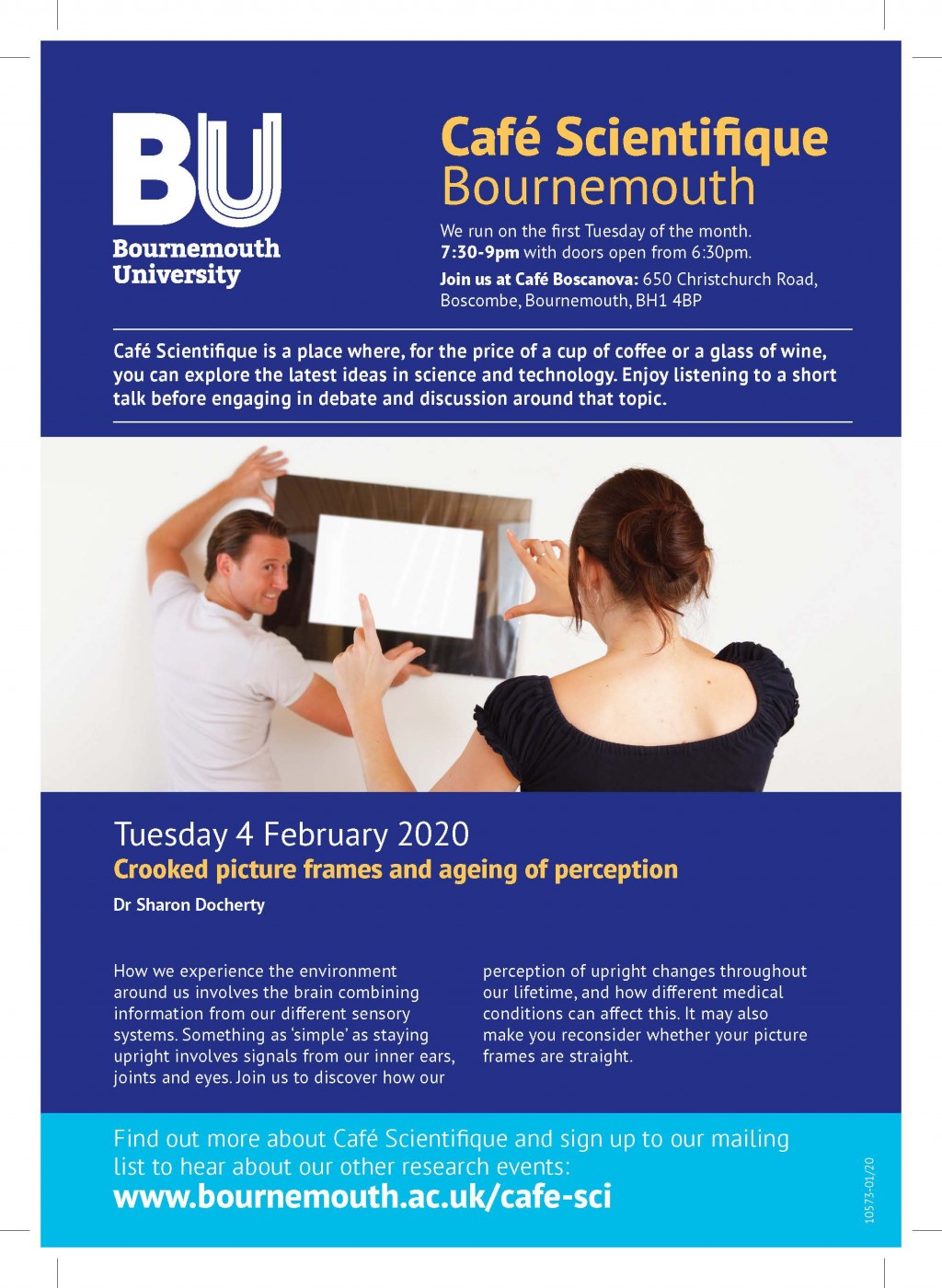 If you have any questions please do
If you have any questions please do 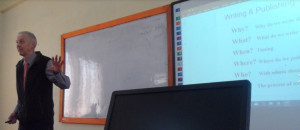

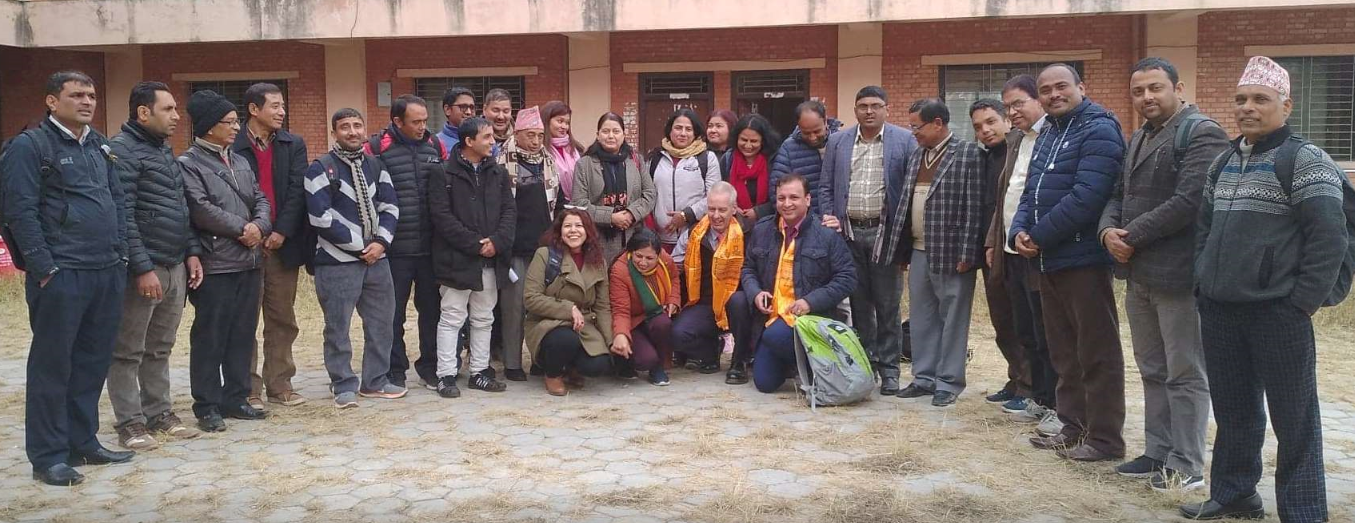











 FHSS academics teaching in Nepal
FHSS academics teaching in Nepal New weight change BU paper
New weight change BU paper One week to go! | The 16th Annual Postgraduate Research Conference
One week to go! | The 16th Annual Postgraduate Research Conference Geography and Environmental Studies academics – would you like to get more involved in preparing our next REF submission?
Geography and Environmental Studies academics – would you like to get more involved in preparing our next REF submission? Congratulations to three former BU staff
Congratulations to three former BU staff MSCA Staff Exchanges 2024 Call – internal deadline
MSCA Staff Exchanges 2024 Call – internal deadline Applications are now open for 2025 ESRC Postdoctoral Fellowships!
Applications are now open for 2025 ESRC Postdoctoral Fellowships! Horizon Europe – ERC CoG and MSCA SE webinars
Horizon Europe – ERC CoG and MSCA SE webinars MaGMap: Mass Grave Mapping
MaGMap: Mass Grave Mapping ERC grants – series of webinars
ERC grants – series of webinars